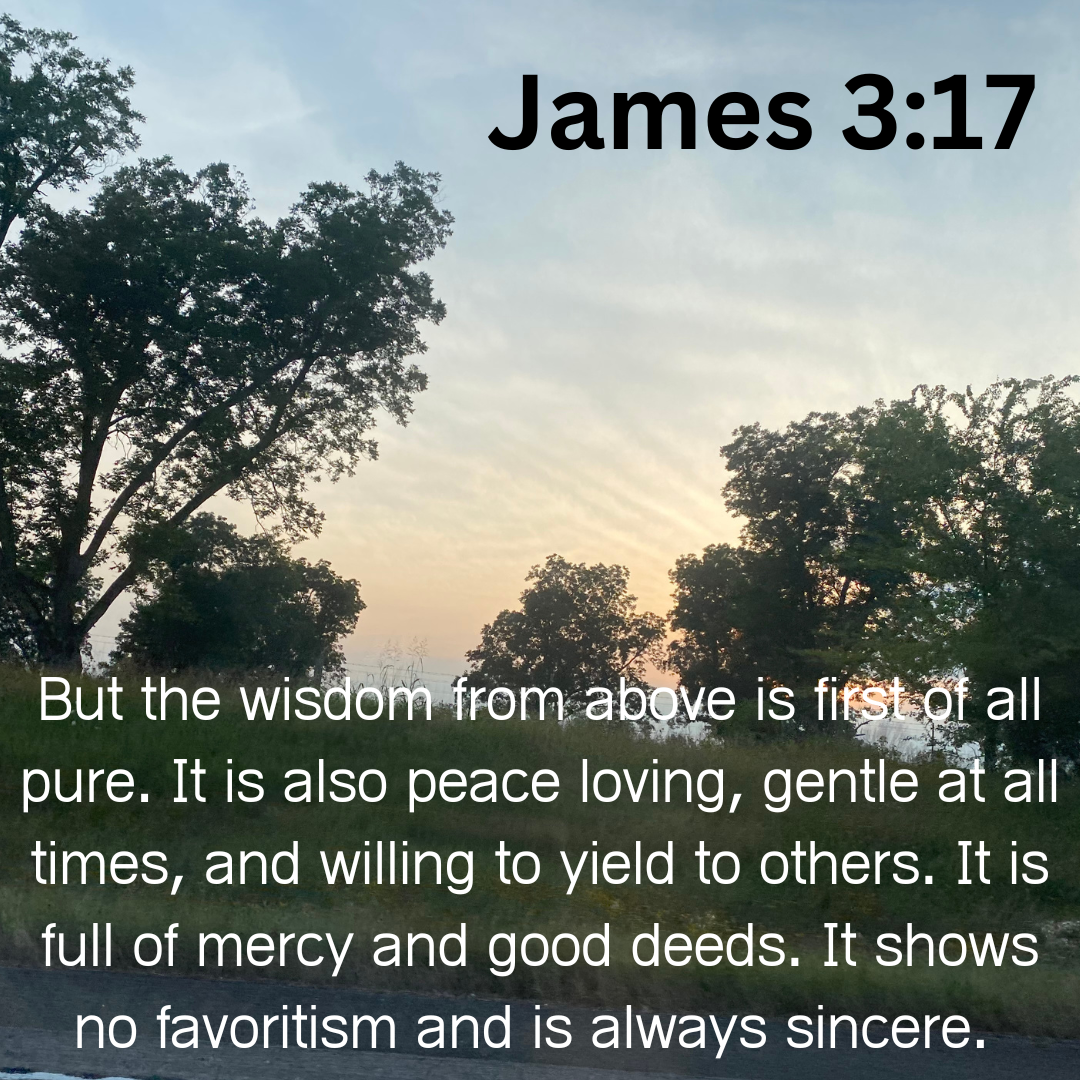My Friend James: Restoration
Do you enjoy watching HGTV? I do. One of the shows I like is called “Good Bones”, where a mother/daughter team may take a house down to its studs in order to restore it to beauty and give it new life as a home for a new family.
This is the work that God does in us. He strips away everything that is carnal – takes us down to the most basic thing we are – and then builds us back up with His will/purpose, love and character into something more beautiful than what we were before.
In fact, He promises us completely new bodies. [1 Corinthians 15:42-45]
Romans 5:8 [KJV] But God demonstrates His own love toward us, in that while we were still sinners, Christ died for us.
But His greatest work, in my opinion, is restoring us to relationship with Him. This relationship was broken in the Garden of Eden. But it is also broken every time we sin.
When we sin, we move away from God. I want to be clear that He doesn’t move away from us. God cannot exist with sin. However, the reason He does not have to move away from us the way He turned from Jesus when He fully took on our sins, is because Jesus became sin for us. [See Matthew 27:46 and 2 Corinthians 5:21] Jesus’ sacrifice as the perfect Lamb, who takes away the sin of the world [John 1:29], allows us to be in relationship with God, even though we sin.
That is, we may approach Him again. Sin requires restoration, our moving back toward the Father, through repentance and asking forgiveness so that the blood of Jesus may cover that too. We can make that approach toward restoration because of Jesus.
Our friend James tells us that we too can do that work of restoration for others.
James 5:19-20 [ESV] 19 My brothers, if anyone among you wanders from the truth and someone brings him back, 20 let him know that whoever brings back a sinner from his wandering will save his soul from death and will cover a multitude of sins.
So, when we see a brother or sister in Christ wandering away from the truth, from relationship with God, and reach out to bring him or her back into fellowship, we are doing the work of Jesus, whose purpose in coming to live in human form was to restore us to relationship with God.
We cannot afford to be okay with letting brothers and sisters go. The work of restoration is the work of Jesus and we are to imitate Him in this.
Prayer is an important component of this work. However, I believe James is saying we need to be at least open to – maybe actually motivated to – working with the wandering brother to let him/her know that they are wanted back at church and that God wants the relationship back too.
People sometimes thing God stops loving them when they sin. Not true. Romans 5:8 [KJV] tells us, But God demonstrates His own love toward us, in that while we were still sinners, Christ died for us.
God is not less faithful in forgiveness than He asks us to be. We can count on forgiveness at least 70x7 times we commit a sin, because that is what Jesus asked of us. [See Matthew 18:22] And, of course, I’m joking about that. Just as Jesus’ guidance was meant to indicated that we should always forgive a repentant brother, so we can count on God to always forgive us when we repent, even if we surpass 70x7.
So, look around you, sweet sisters, and see if there are family members, friends or brothers/sisters in Christ who could use some HGTV-like restoration and commit yourselves to the effort of prayerfully and actively working to restore him/her to relationship with God [not necessarily your congregation].
I guarantee that God wants him/her back. Scripture says so.
And the parting shot from our friend James is encouragement to do just that.
That’s it, ladies. We conclude James with his call to participate in the work of God by helping to restore a brother or sister to fellowship.
Check back next week to see where we will go together next. Sending my love out to all of you. I hope you have enjoyed this series about our friend James, the brother of Jesus.
You can write me any time at Nancy@DynamicChristianMinistries.org or leave a message in the chat.




